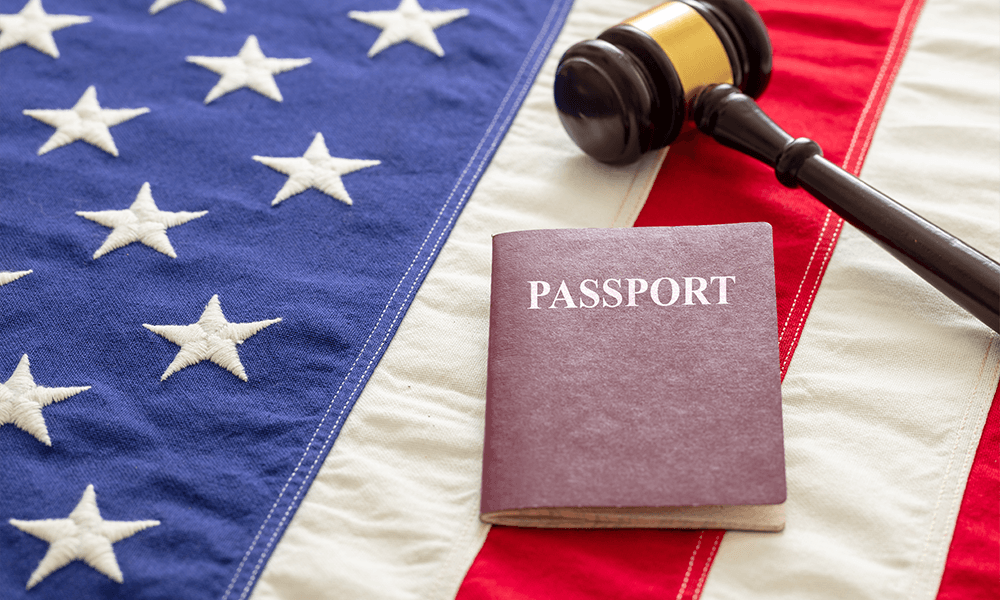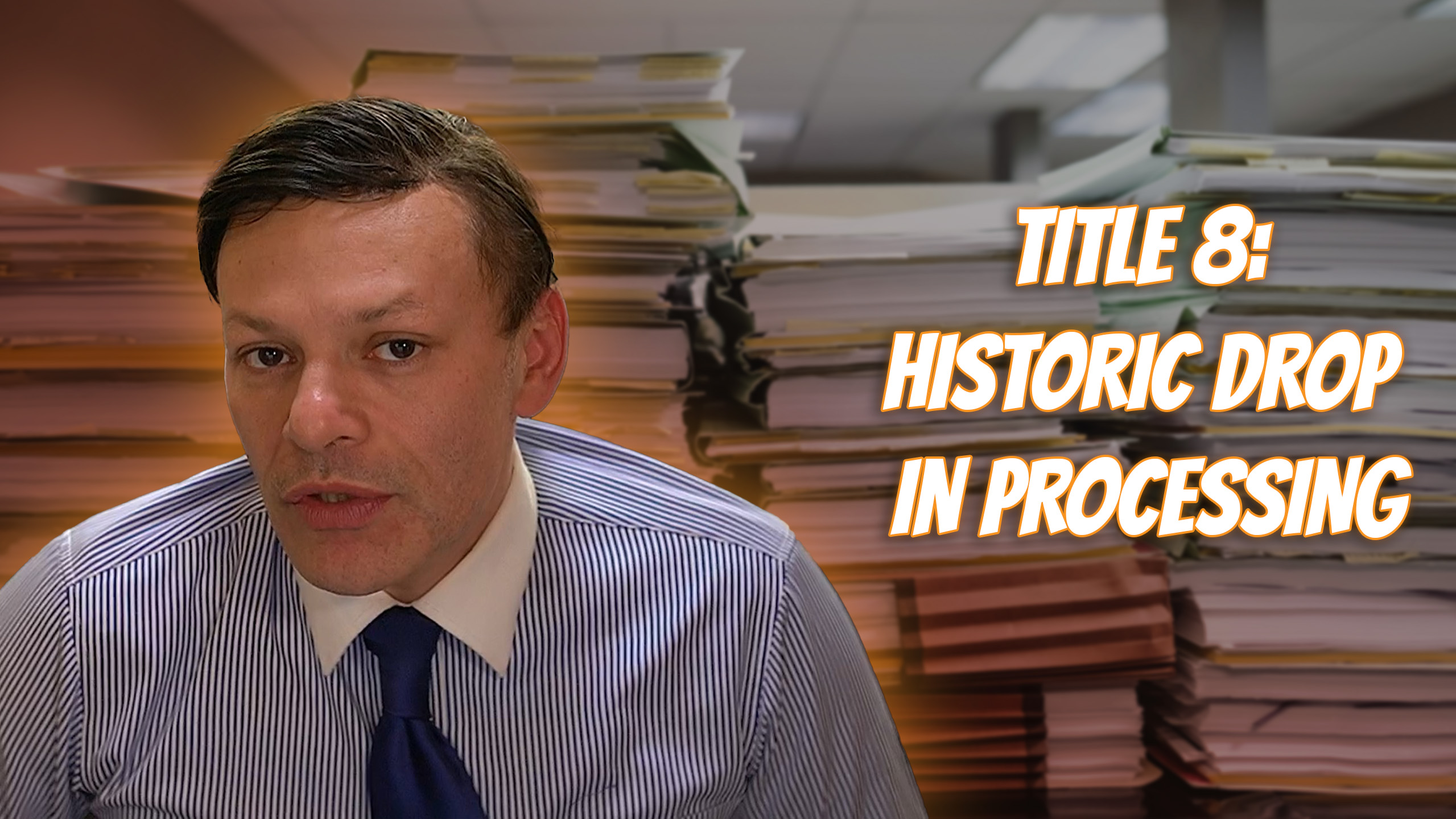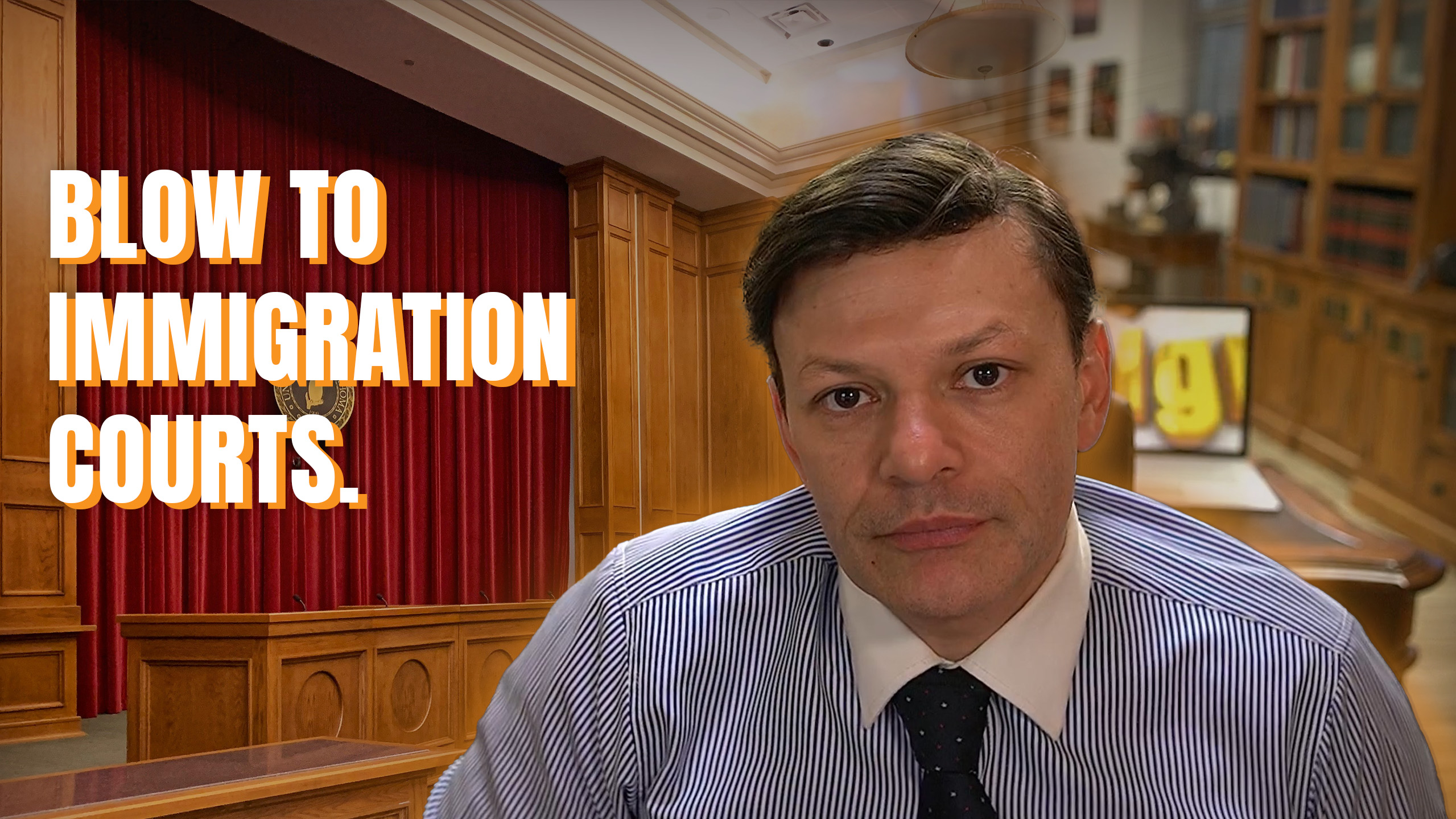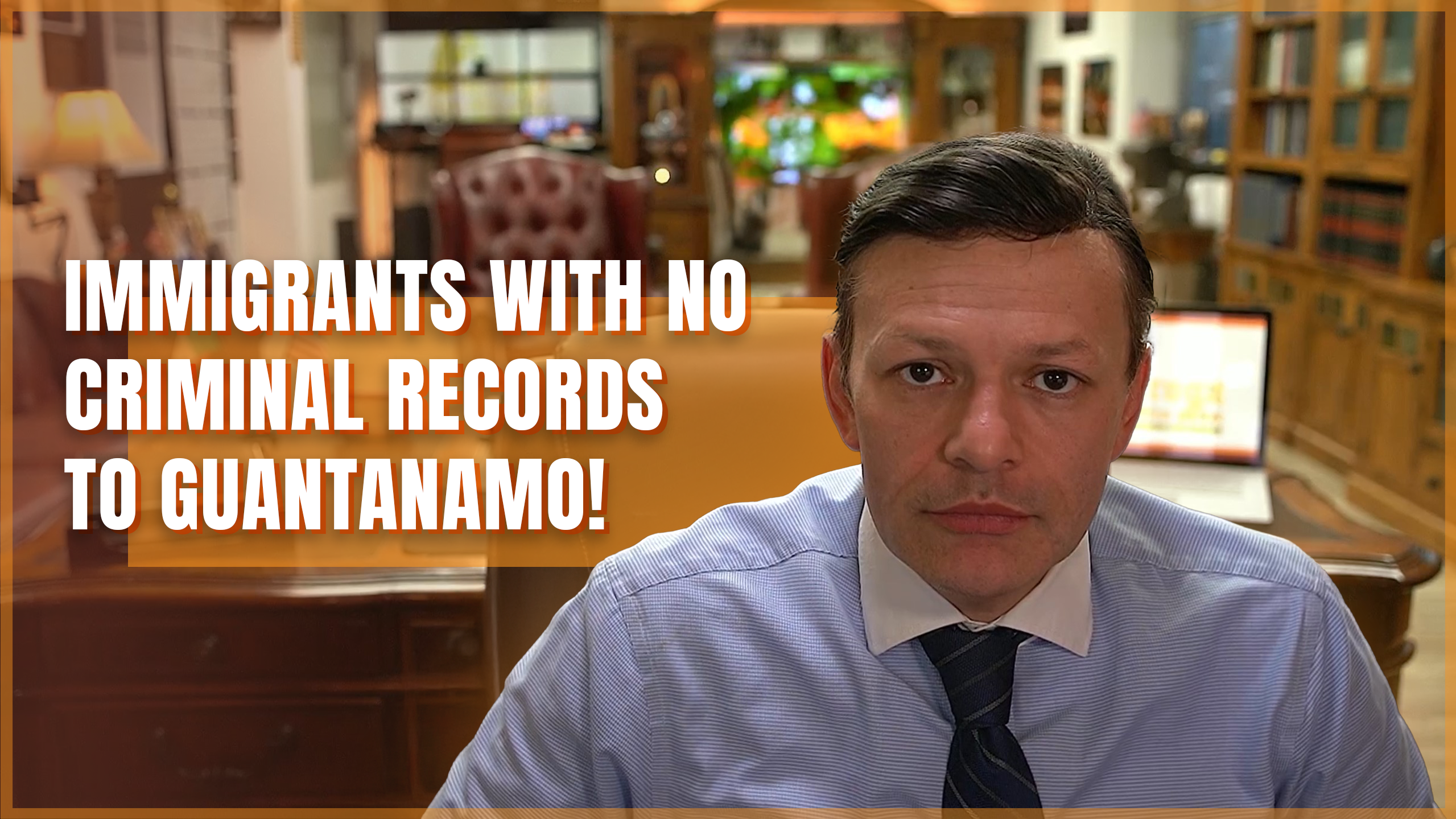What is the difference between the Advance Parole and the Reentry Permit?
For the immigrants, it is essential to know their possibilities if they need to leave the United States and return later to prevent this from affecting their immigration process.
In principle, two of the most common ways to do this are through the Advance Parole and the Reentry Permit. Since they are sometimes confused, today we will tell you their differences and in which cases you could request each one.
Who can apply for each?
In the first place, the Advance Parole, also known as Advance Travel Permit. Is a document generally requested by an immigrant who is in the process of Adjusting Status and is waiting for the approval of the Green Card.
On the contrary, the Reentry Permit can be requested only by those who already have their residence (whether conditional or permanent) and have a Green Card.
Other differences:
- Advance Parole is a sheet with the photo of the immigrant, while the Reentry Permit looks more like a passport.
- The Advance Parole could be considered to function as a visa and the Reentry Permit to function as a passport.
- Advance Parole is generally valid for one year, while a Reentry Permit is valid for two years.
Also read: Can my spouse leave the country while my family petition is pending?

What happens if I leave the country without these documents?
If you leave the country without the Advance Parole while waiting for your Green Card, the United States Citizenship and Immigration Service (USCIS) could consider that you abandoned your application for residence and cancel it or reject it.
On the other hand, if you are already a resident and travel abroad for more than a year without the proper Reentry Permit, USCIS may consider that you have abandoned your residence and that you no longer intend to live in the United States.
At Quiroga Law Office, PLLC, we are willing to help you. Contact us. Our team of lawyers will take care of your case and throughout your process.
Request a consultation here or call us, (509) 498-3485.



